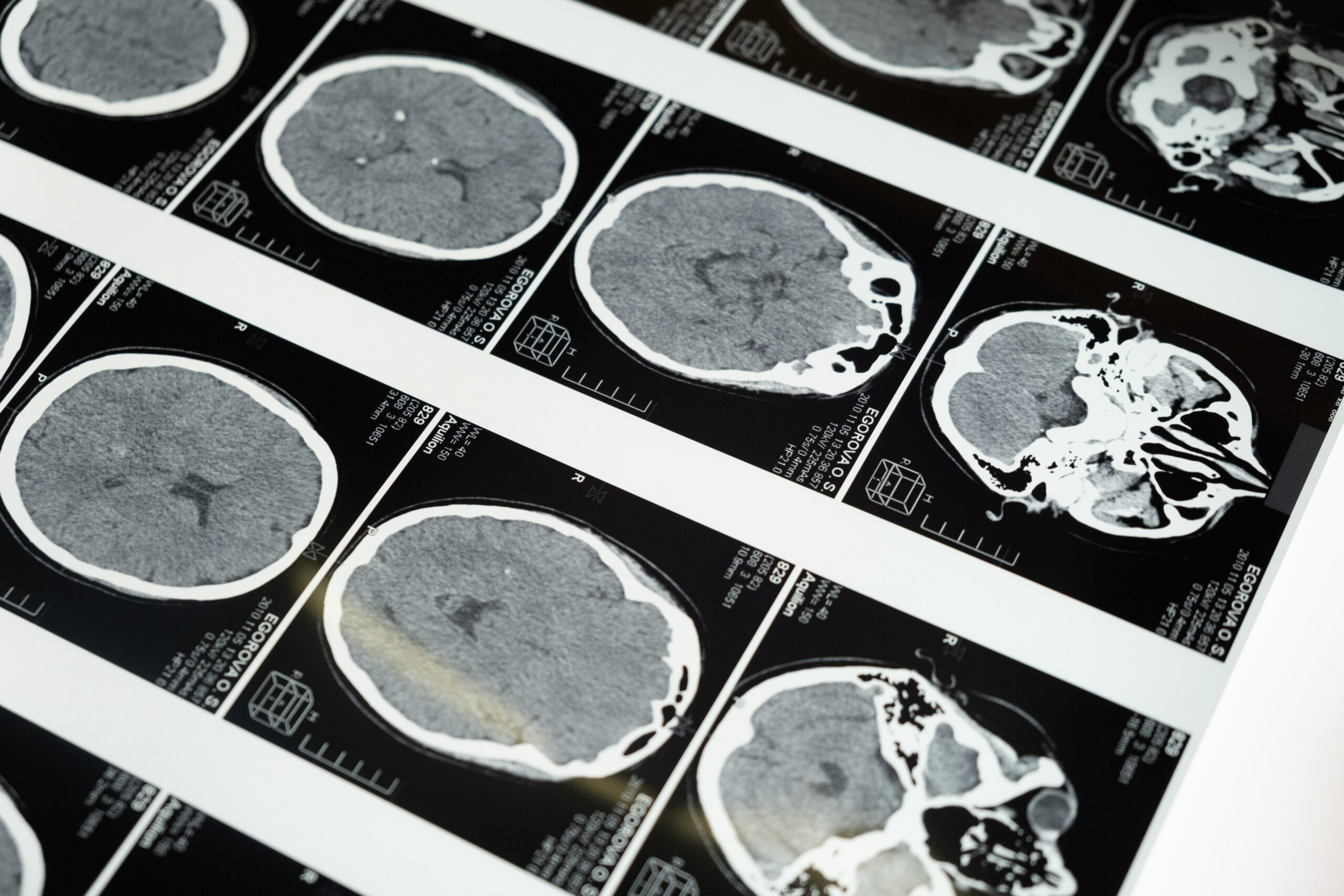The brain is the most complex part of the human body. It controls our thoughts, memory and speech, movement of the arms and legs, and the function of many organs within our body. No two brains are alike—and no two brain injuries are alike.
A traumatic brain injury, or TBI, is an injury to the brain as a result of trauma to the head. In fact, the most common causes of TBIs are everyday occurrences: motor vehicle accidents and falls. TBIs can me mild, moderate or severe, and can cause a lifetime of issues for the injured.
TBIs often go unreported in emergent medical situations where the primary focus at the time is to stabilize a patient, as well as whether or not to operate on a patient’s brain. However, those who suffer from a TBI can experience physical symptoms—such as headaches, seizures, trouble speaking or swallowing, motor impairment, vision problems and changes in sleep patterns, among others—as well as cognitive, behavioral and personality symptoms. These can include everything from confusion, memory impairments, depression and mood swings to personality changes, poor concentration and difficulty with reason and logic.
If you or a loved one has suffered from a traumatic brain injury, it can be hard to know how to cope. However, these two simple steps are a good starting point to help get your life back on track.
Empower yourself with knowledge.
Dealing with life after a TBI can be difficult—often, once you begin to realize that life post-injury may be different than it was before, you may be faced with a new normal. The best way to navigate this new territory is to empower yourself with knowledge from reputable sources. Be wary of random internet surfing and information found on blogs or social media; instead, find your information from organizations like Shepherd Center, the CDC and Mayo Clinic.
Find support.
Whether you are a survivor or the loved one of a survivor, you will need support. There are many nationally recognized brain injury organizations to choose from, such as the Brain Trauma Foundation or the Brain Injury Association of America, where you can find the latest news and research, as well as connect with other TBI survivors and support groups through your local chapter.
You may also need legal support if you’ve suffered a brain injury through no fault of your own. If that’s the case, contact us to learn more about how we can help.




